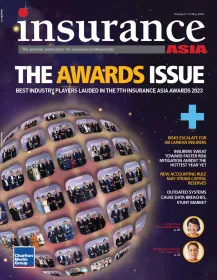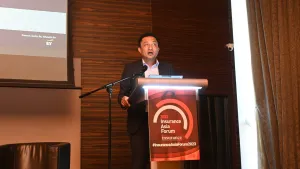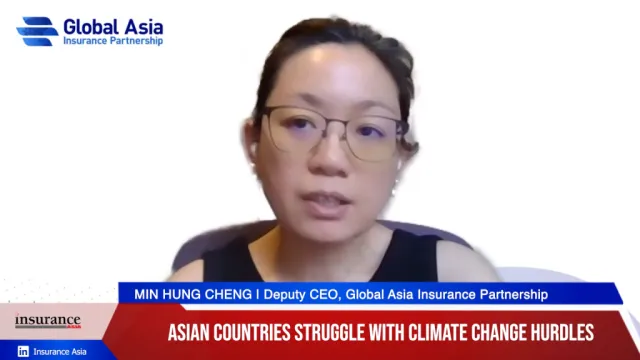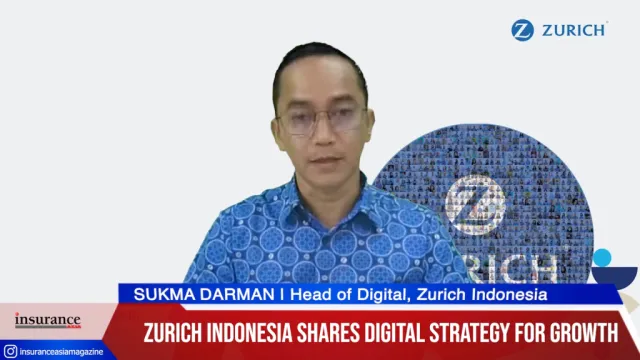
S.K.’s FSC Issues guidelines for fractional investments in regulatory sandbox
Authorities anticipate that this guideline will enhance business entities.
South Koera’s Financial Services Commission (FSC) has issued guidelines regarding the underlying asset requirements for trust beneficiary certificates, specifically when designated innovative financial service providers operating under the financial regulatory sandbox program seek to offer fractional investment services through the issuance of these certificates.
The guideline was formulated following discussions with the innovative financial service selection committee on 28 November and during the FSC's regular meeting on 13 December.
In essence, providers of fractional investment services are encouraged to explore traditional investment vehicles as their primary option.
However, if traditional means are deemed impractical, a regulatory exemption may be considered under the Special Act on Support for Financial Innovation. This would permit the issuance of trust beneficiary certificates by the Financial Investment Services and Capital Markets Act (FSCMA).
Entities seeking to engage in fractional investment business within the regulatory sandbox program are advised to explore traditional investment avenues allowed by current laws. Additionally, a substantial contribution to innovation and investor convenience in the issuance of trust beneficiary certificates is expected.
The "supplementarity principle" will be flexibly applied to allow testing of innovative financial services, provided that the applying entity has given due consideration to this principle and traditional investment vehicles are not extensively utilized in the fractional investment market.
ALSO READ: S.K.’s FSC chairman urges insurers to enhance CSR amidst financial challenges
The underlying asset requirements for trust beneficiary certificates encompass several key aspects:
- Objective valuation and assessment, where the issuing price and quantity are determined after a thorough evaluation of trust assets, and investors can access the results of the trust's value assessment.
- Prevention of the issuance of trust beneficiary certificates solely as a regulatory bypass, ensuring that changing the form of investment into these certificates does not circumvent regulations for investor protection purposes.
- Easy disposal of assets governed by domestic laws, with complications arising from foreign law approvals or procedures not being permitted for investor protection.
- Single assets without linkage to indeterminate business or investment projects, as pooled assets go against the aim of fractional investment and may pose risks to investors.
- The nature of underlying assets should not conflict with financial market stability or social order, with examples such as attempts to securitize housing property or assets related to the gaming industry not being permitted. New entrants must demonstrate distinctiveness and innovativeness compared to existing services.
In addition to the underlying asset guideline, investor protection measures will be applied to both the truster and the trustee to ensure the sound operation of the securitization of trust assets.
This guideline is intended as a crucial reference for selecting innovative financial services under the financial regulatory sandbox program when entities seek to provide fractional investment services through trust beneficiary certificates.
Authorities anticipate that this guideline will enhance predictability for business entities, strengthen investor protection in the fractional investment market, and expedite the review process by the selection committee. Simultaneously, the authorities will actively collaborate with the National Assembly in amending the FSCMA to promptly establish a legal foundation for trust beneficiary certificates.











 Advertise
Advertise












